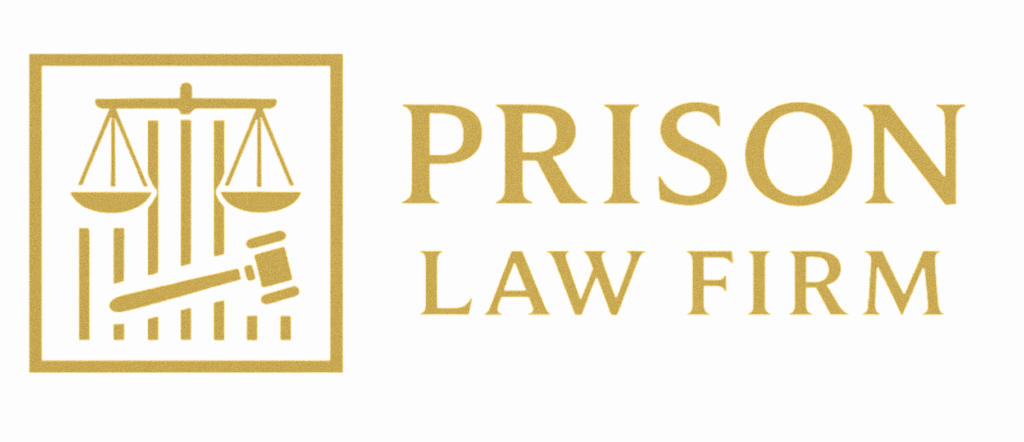As you prepare to self-report to your designated federal facility, here is some guidance on what to expect, what you may bring with you, and how to stay connected with friends and family once inside.
What to Expect Upon Arrival
When you arrive at your designated prison, you will check in with staff at Receiving and Discharge (R&D). Your personal belongings will be inventoried, and you will be issued clothing and basic items. This process may take several hours, but staff will guide you step by step.
What You May Bring With You
- Identification: A valid government-issued photo ID (driver’s license or state ID).
- Prescription Glasses: If you wear them. Contacts are not allowed.
- Cash or Money Order: You may bring cash, a money order, or a cashier’s check (up to $500.00—the Bureau of Prisons’ limit). This will be deposited into your commissary account.
- Important: If you owe restitution, avoid bringing large amounts. Any significant funds deposited may be taken to satisfy restitution payments.
- Legal Papers: If necessary, bring only documents related to your case.
- Wedding Band: Small and modest wedding band (no bling).
- Religious Medallion: A small necklace like a cross or the Star of David as examples.
- Cheap Clothing: Items you are wearing, including your shoes will be mailed home. Packages are often ‘lost’ so do not wear anything you want to keep upon release.
You cannot bring an address book, phone numbers written down, or any electronic devices (cell phone).
Preparing Your Contact List
Because you cannot bring an address book, it’s important to plan ahead:
- Make a list of phone numbers and email addresses for the people you want to stay in contact with.
- Send this list in advance to a trusted friend or family member.
- Once you are inside and have access to the TRULINCS email system, you can email that trusted person to send you back the list.
- You will then be able to add those contacts into TRULINCS and Corrlinks (the outside platform family uses to email you).
Staying in Contact with Loved Ones
- Telephone: You will be assigned a phone PIN number after intake. Calls are limited in length and monitored.
- Email (TRULINCS/Corrlinks): This is the fastest and most cost-effective way to communicate. Once your contacts accept your request, you can email them regularly.
- Mail: You can receive and send traditional mail. Ensure friends and family have your full committed name, register number, and institution address.
Final Thoughts
Reporting to prison is never easy, but preparation will make your transition smoother. Communicate with your family before you report, give your contact list to someone you trust, and bring only the permitted items. This way, you’ll be able to establish contact quickly and begin adjusting to your new environment.
If you have any further questions before reporting, do not hesitate to reach out.

